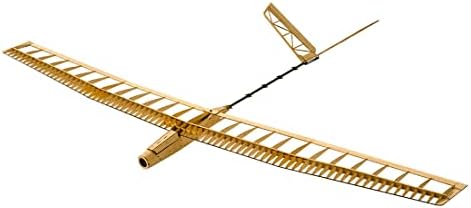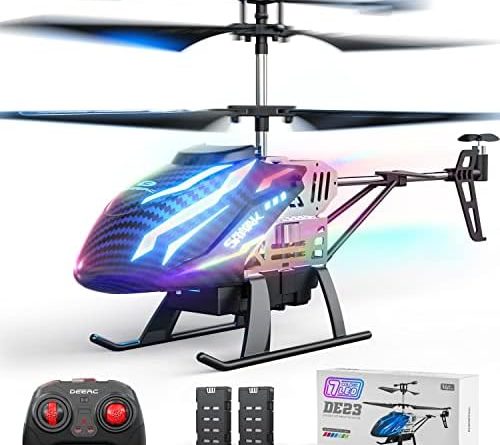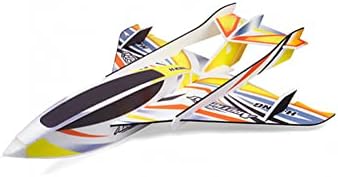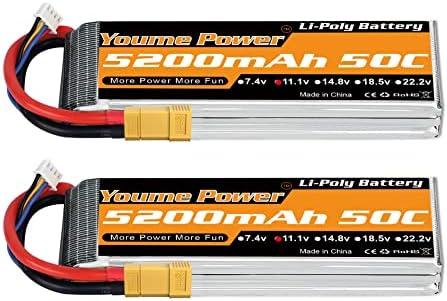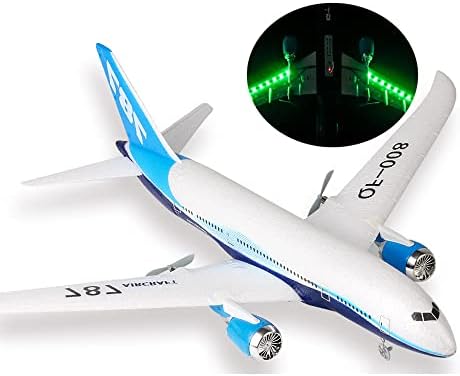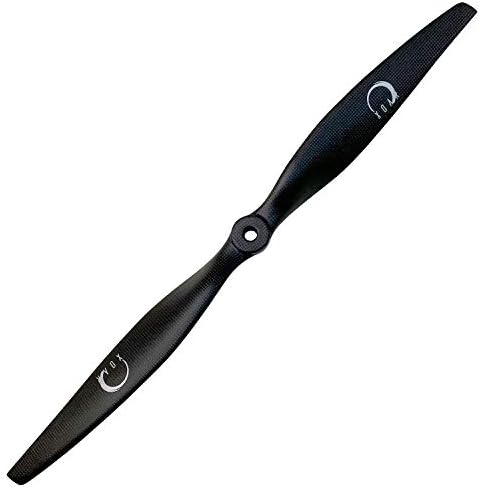
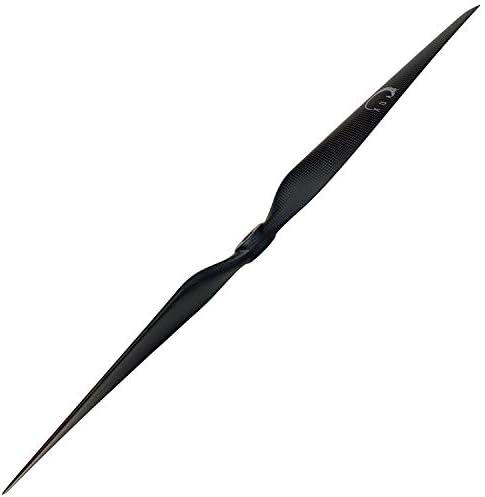

Table of Contents
Introduction
RC planes are an exciting way to explore the skies. With their easy to use controls and lightweight design, they can be flown by anyone with minimal training. RC planes come in a variety of sizes and designs, but one of the most popular types is the single-propeller plane. This type of plane is ideal for beginners and experienced pilots alike, as it offers a great balance of power and maneuverability. In this article, we’ll take a closer look at the single-propeller plane and discuss the advantages and disadvantages of this type of RC plane.
Overview of RC Planes
RC planes are remote-controlled aircrafts that can be flown indoors or outdoors. They are typically powered by an electric motor and can be flown using a handheld radio transmitter. RC planes come in a variety of sizes and designs, from small indoor planes to large-scale outdoor models. The single-propeller plane is one of the most popular types of RC planes, as it offers a great balance of power and maneuverability.
Advantages of Single-Propeller Planes
One of the main advantages of the single-propeller plane is its maneuverability. This type of plane is highly responsive to the controls, which makes it easier to fly and maneuver in tight spaces. Additionally, the single-propeller plane is generally more lightweight than other types of RC planes, which makes it easier to transport and store. Finally, the single-propeller plane is simpler to repair and maintain than other types of RC planes, as it only has one motor and one propeller to worry about.
Disadvantages of Single-Propeller Planes
One of the main disadvantages of the single-propeller plane is its lack of power. This type of plane is not as powerful as other types of RC planes, which can limit its range and speed. Additionally, the single-propeller plane is more prone to stalling than other types of RC planes, as it relies on one motor and one propeller to stay in the air. Finally, the single-propeller plane is not as durable as other types of RC planes, as it is more susceptible to damage from crashes and other mishaps.
Conclusion
The single-propeller plane is a great option for those looking for an easy to use and maneuverable RC plane. This type of plane is lightweight and simple to repair and maintain, but it is not as powerful or durable as other types of RC planes. While the single-propeller plane may not be the best option for experienced pilots, it is an ideal choice for beginners who are just getting started in the world of RC planes.
FAQs
Q1: How fast can a single-propeller plane fly?
A1: The speed of a single-propeller plane depends on the size and power of the motor. Generally, these planes can fly at speeds of up to 50 mph.
Q2: Are single-propeller planes easy to fly?
A2: Yes, single-propeller planes are relatively easy to fly, as they are highly responsive to the controls. However, they may require more practice than other types of RC planes.
Q3: Are single-propeller planes durable?
A3: No, single-propeller planes are not as durable as other types of RC planes. These planes are more susceptible to damage from crashes and other mishaps.
Q4: How long can a single-propeller plane fly?
A4: The flight time of a single-propeller plane depends on the size and power of the motor. Generally, these planes can fly for up to 20 minutes on a single charge.
Q5: What are the advantages of single-propeller planes?
A5: The main advantages of single-propeller planes are their maneuverability, lightweight design, and ease of repair and maintenance. These planes are also relatively inexpensive compared to other types of RC planes.
Price: $27.99
(as of Feb 23, 2023 18:17:55 UTC – Details)


